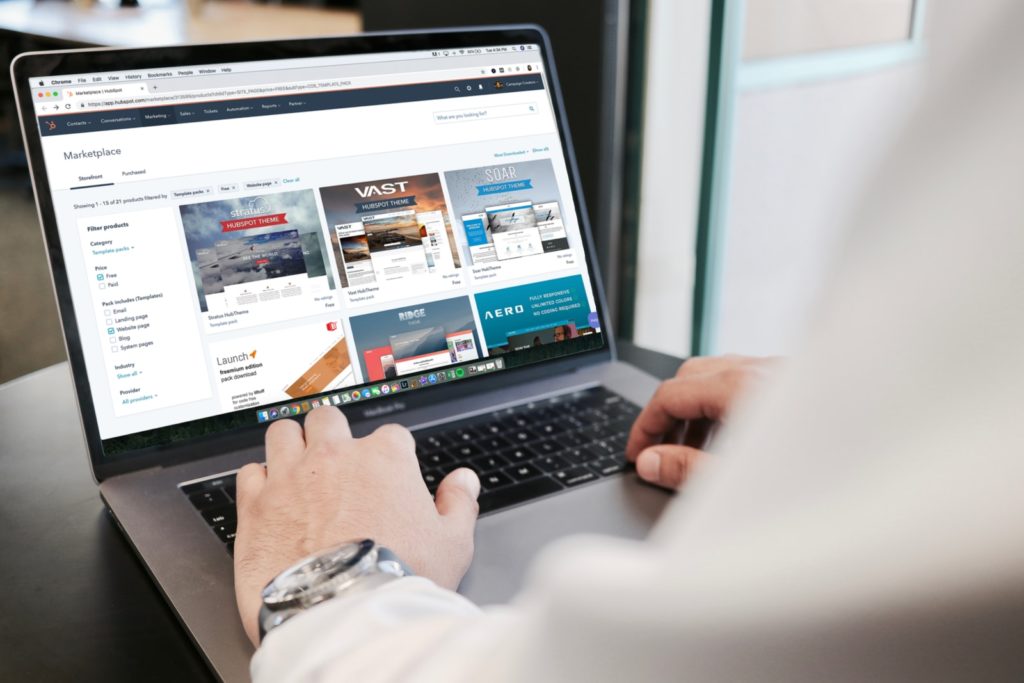Domain name. Hosting. Content. These are the three essentials to putting your website on the Internet. With all the different domain name extensions, registration terms, hosting packages and techical jargons (ie. FTP, SMTP, PHP, etc.) – the simple vision of your own website online has now turned into something mind boggling, confusing and intimidating.
Let’s help you break the entire process down into simple, easy-to-follow (and understandable) steps.
1. The purpose of your website
The first thing you need to do is make a list of why you want a website. Do you want a website because you want to share your writings or photos with friends or family? Or do you want to sell your products online?
2. Decide on a domain name
When you’ve determined the purpose of your website then it’ll be easy to come up with a suitable domain name (ie. name for the website). Don’t fall into the “free” trap – many free web hosting service providers gives you a free website name. But what you don’t realize is, your website name will be a derivative of “http://www.serviceprovider.com/subfolder/…/yourMemberID”. Not exactly the most user-friendly nor professional name now.
A common misunderstanding is that you can get a domain name for free.
While completely free web hosting services exist, domain name registrations are not free. In order to use “http://www.yourname.com”, you need to pay the .COM Registry registration fee. This fee guarantees that your name will be yours to use for the duration of your registration term.
If the .COM version of your desired name is not available, you have the option to get the .NET, .ORG, .BIZ, .US, .INFO or even .CA, .UK, etc. The list goes on and on… Most people usually go for the .NET version if the .COM is not available. It’s completely up to you. If your website is about sharing information, then you should consider .INFO. If your website is for your business, then a .BIZ would be good, too.
3. Your needs
Will you be expecting a lot of visitors a day? By a lot, we’re talking about in the thousands. Do you have a lot of photos or files to share with your visitors? If yes, then ample bandwidth and disk space will be on your shopping list.
If you’re setting up an online store AND will be accepting credit card information from your customers, then you’ll need to consider advanced security options (ie. SSL certificate). For more information on setting up an online store, click here (link to “Free Web Hosting and Ecommerce” article).
If this is your first website and you’re just experimenting, then your list will be shorter – all you need is a free web hosting plan. A free web hosting plan will offer you the basic necessities to have a website on the Internet without any of the fancy bells and whistles.
4. Find a reputable free web hosting service
Once you have an idea of what you need, you need to find a reputable web hosting service. There are many places you can go to find a service provider. You can do a search for “free web hosting companies” on Google, but do keep in mind that just because a company is listed on the first page of Google doesn’t mean it’s 100% safe and legit. It’s always best to shop around or ask people for referrals and references.
Basic things to look for in a free web hosting service plan:
- It allows you to use your own domain name. Again, you don’t want a website name that’s “http://www.notyourcompany.com/notyourfolder/…/yourMemberID”
- There are no forced ad banners
- It comes with web hosting storage (for beginners, 100MB is more than enough)
- It comes with bandwidth/data transfer (for beginners, 1000MB is ample)
- It comes with email services. With your own domain name, you’ll want to be able to setup @yourdomain.com accounts
Once you’ve found the free web hosting service that best suits your needs, then you can go ahead and start designing your new website and enjoy the fun and joy that a website can bring.

